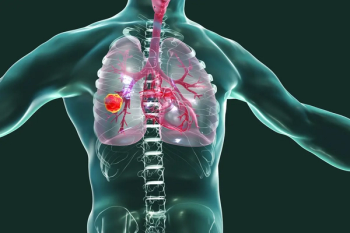
The FDA approved Exkivity to treat non-small cell lung cancer along with Thermo Fisher Scientific’s Oncomine DX Target Test, which is intended to be a companion diagnostic for the treatment.
Ashley Gallagher is an editor at Pharmacy Times®. She graduated from St. Bonaventure University in 2020 in journalism and mass communications. Previously, she worked as a pharmacy technician for a retail chain.

The FDA approved Exkivity to treat non-small cell lung cancer along with Thermo Fisher Scientific’s Oncomine DX Target Test, which is intended to be a companion diagnostic for the treatment.
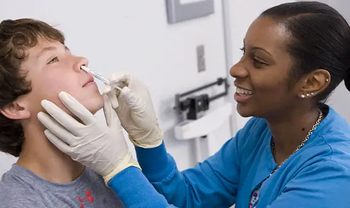
Investigators said that NanoSTING, can be shipped and stored without the need for freezing for up to 11 months.

Jason Ausili, PharmD, the Chief Clinical Officer of FDS Amplicare, discusses the impact on community pharmacies and patients of the recent announcement by the HHS regarding the amendment to the COVID-19 PREP Act.

Individuals in a study who received the food with BB-12 probiotic retained beneficial metabolites produced by the microbiota.

New research results show that patients with mild coronavirus produce antibodies that are able neutralize the infection.
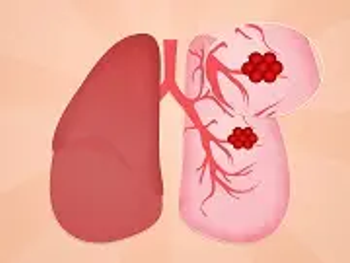
The regimen with chemotherapy continues to show longer rates at 9 months compared with 4.9 months for chemotherapy and the placebo.

Immediate and second- and third-degree family members can benefit from colonoscopy screenings, new research results show.

Stereotactic ablative radiotherapy has similar overall and progression-free survival rates.

Research results show a possible link between herpesviruses and neurodegenerative diseases, such as Alzheimer disease, ALS, and glaucoma.

Aaron Clark, DO, medical director of value based care at Ohio State University and clinical associate professor of family medicine, discusses vaccine hesitancy and racial disparities around flu vaccinations.
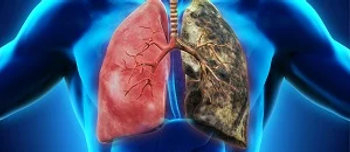
Individuals who had depression or stress in a hospital in Mexico were also 4.5 and 3.18 times more likely, respectively, to experience delays in treatment.

Study results show that individuals who are unvaccinated are 5 to 7 times more likely to seek medical care because of the predominant strain of the coronavirus.

VOR33 aims to protect an individual’s healthy cells from anti-CD33 therapies and replace standard care transplants.

PT0271 improved lung function and reduced the risk of exacerbations in individuals with asthma.

The results of a 5-year follow-up study comparing trastuzumab (Ontruzant) and reference medicine trastuzumab show comparable cardiac safety profiles and long-term efficacy.

The National Institutes of Health grants each entity $14.8 million in funding over the course of 5 years to conduct research into the progressive disease.
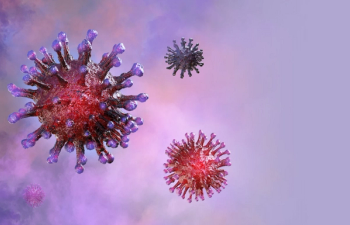
These special immune system defense molecules help show which individuals are most at risk of needing intensive care and need to be monitored more closely, new study results show.

The European Association of Neuro-Oncology and the European Society for Medical Oncology published recommendations related to parenchymal brain metastases.

New artificial intelligence tool can identify tumors at a 97% rate, a year before other methods can diagnose it.

Results from POSEIDON, a randomized open label, phase 3 trial, showed that patients administered 5 cycles of tremelimumab plus durvalumab and chemotherapy over 16 weeks experienced a 23% reduction in the risk of death compared with various chemotherapy options.
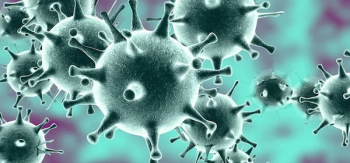
Results of a new study show that the vaccines seldomly reach the area that were heavily affected by the pandemic, because of ethnic, racial, and socioeconomic disparities.

The results of a new study show that when coronavirus-infected diabetic mice were injected with an interferon beta, SETDB2 increased and helped decrease the inflammatory cytokines.
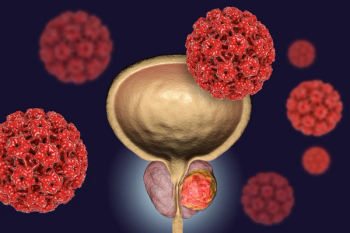
Calibrations for the European Randomized Study on Prostate Cancer and Prostate Cancer Prevention Trial predictors can forecast cases across different groups than originally targeted.
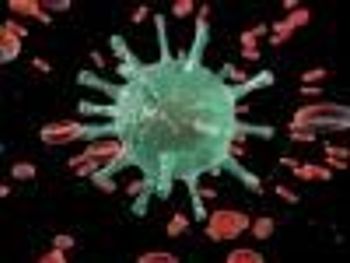
Investigators used a new animal model to determine how the stem-like T cell can survive and what it looks like over the course of several months of tumor growth.

A new study explores why individuals who suffer most from the condition have the worse symptoms at night.

Prostate cancers grow slowly and rarely cause any health problems, so without regular screening, it is more difficult to identify any cancer in the prostate.

The results of a new study show a new view of genetic regulation by uncovering how genes and disease are related.

Although the cardiovascular condition was thought to be benign, the disease could put pregnant women at greater risk for serious complications during childbirth.

Study results show that blood and urine exams can potentially pinpoint and track bladder malignancies and nerve tumors.
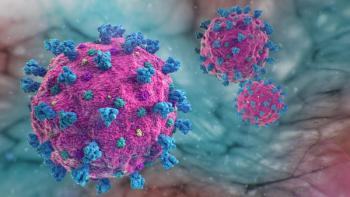
The results of a new study show that exposure to the viruses produces a protective ‘universal coronavirus’ memory.